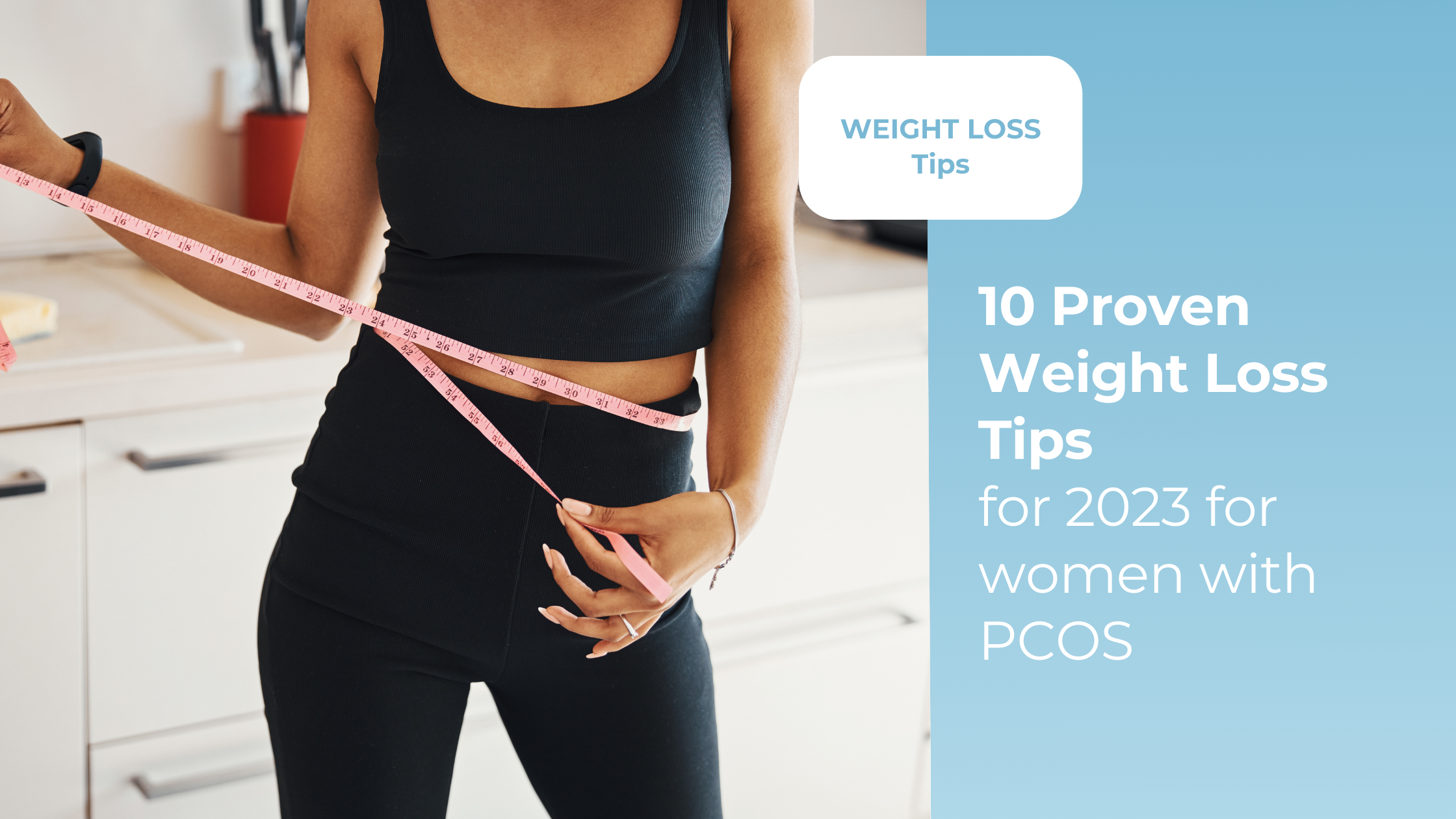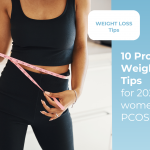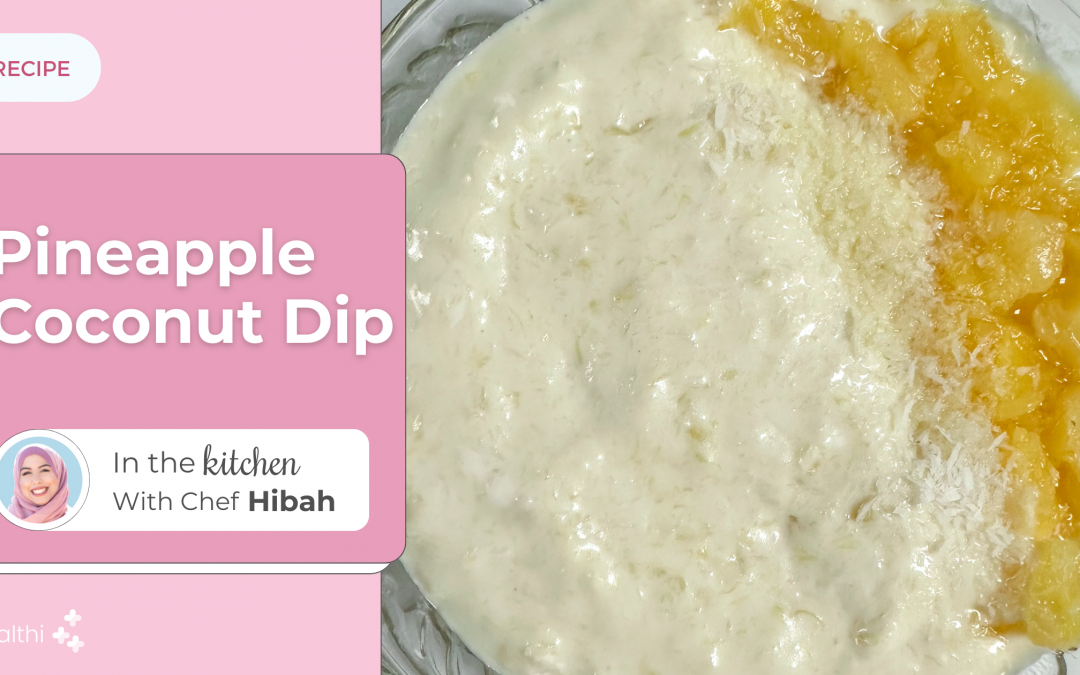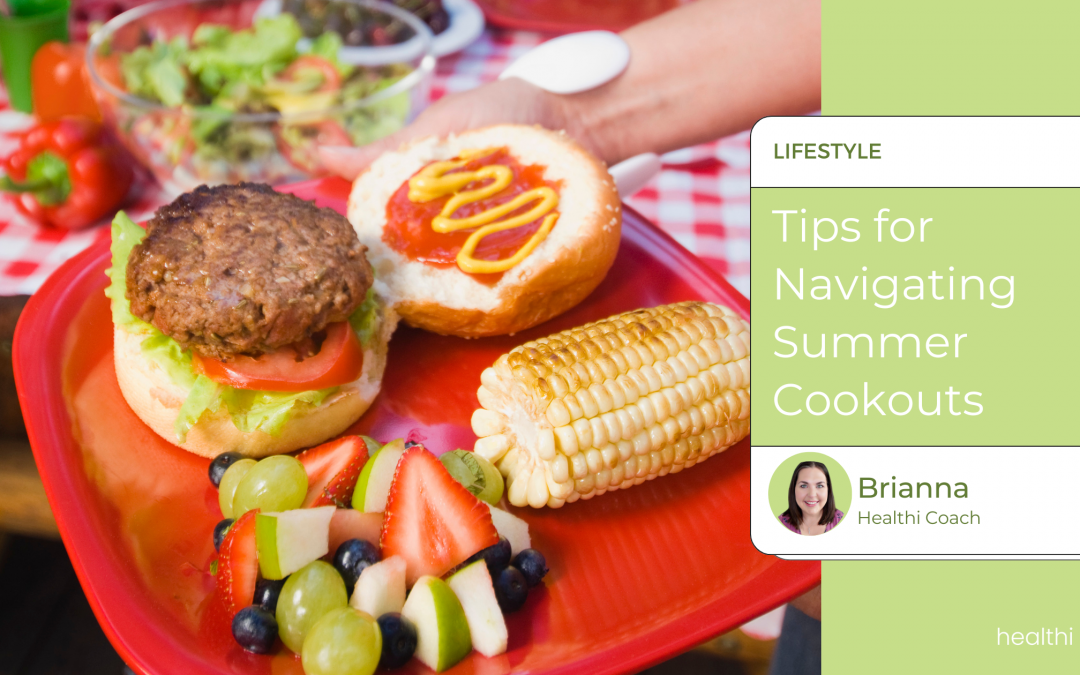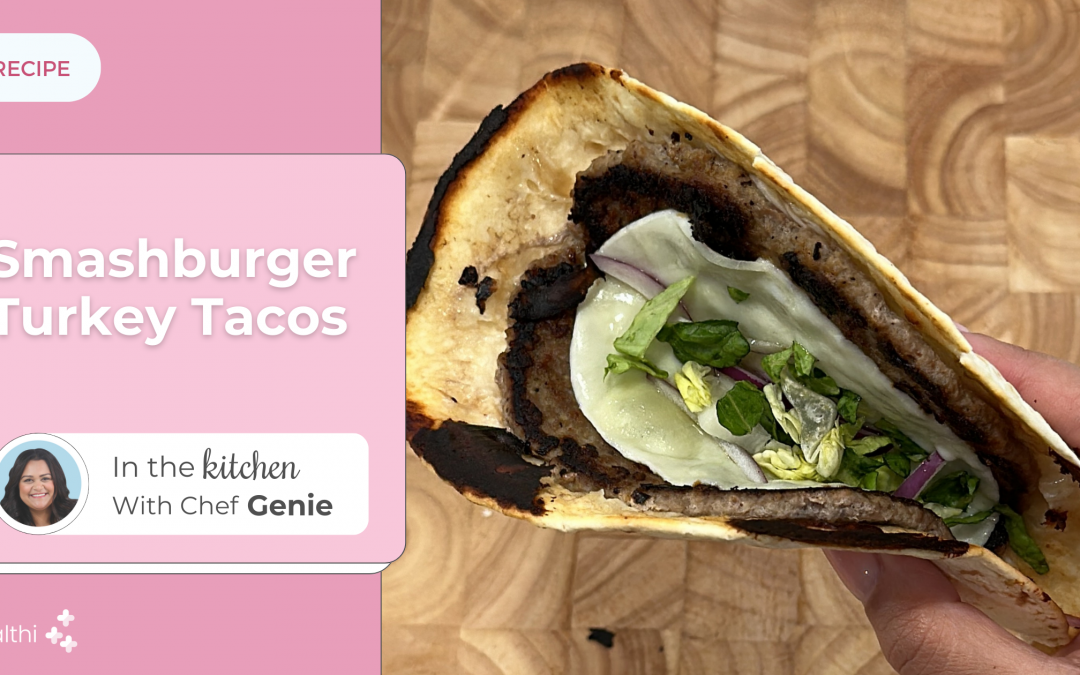Contrary to popular belief, the occurrence of polycystic ovarian syndrome (PCOS) in women is not rare. Nearly 4% to 20% of women of reproductive age can suffer from PCOS. The impact of the syndrome varies greatly, but it mostly affects hormones such as estrogen that regulate and monitor numerous bodily functions. While this disruption upsets many functionalities of a woman’s body, it also has an effect on the ability of women to lose weight.
Is it possible for women with PCOS to lose weight?
Given that the research on PCOS is still underway, there is very limited information on the topic itself. However, we know that this bouquet of symptoms is essentially an endocrine disorder, which, as mentioned before, impacts hormones. Many of these are also key in regulating diet, hunger, and energy usage in the body.
That being said, it is possible for women to lose weight while combating PCOS. It isn’t the easiest task, but it is not impossible. In fact, women are recommended to lose weight as one way to improve PCOS symptoms.
How can you lose weight while battling PCOS?
While the road to losing weight and dealing with PCOS is a long-winded one, it is, when all is said and done, the path on which you should be traversing, given that it will help with the syndrome itself. While going into this, however, you must remember that discipline will be key, alongside professional consultations.
In addition to this, you must also take a more holistic approach to the same, where you double down on the fact that healthy living is the ultimate goal and eventual lifestyle choice, as opposed to losing weight on a short-term basis for aesthetic appeal. Use the following guide to help you fully fathom the changes that you need to make to ring in the new year in a healthier manner.
Table of Contents
- Eat a balanced diet
- Swap out your snacks
- Incorporate exercise into your daily routine
- Watch over your portion size
- Learn to differentiate between hunger and cravings
- Cook at home
- Do not go overboard with restrictions
- Track your progress
- Prioritize self-care
- Consult a professional regarding medication and supplements
1. Eat a balanced diet
Not only are proteins and fat essential to fill you up, but they’re also highly nutritious. Balance your meal with proteins, healthy (unsaturated) fats, whole grains, and foods high in fiber. Make sure you’re not going overboard with your salt intake as well. In addition to this, cut out refined carbohydrates and sugar from your diet, given that these food items lead to weight gain with little to no nutritional value. With refined carbohydrates, in particular, there is also the danger of your blood sugar spiking and falling rapidly, causing you to be hungrier. The Healthi app can take your specifics into consideration and create a custom meal plan that is the perfect balance of everything you need on this journey.
2. Swap out your snacks
If you’re used to snacking on sugary or excessively salty food items, try swapping these for more nutritious options, such as popcorn, fruits, nuts, and vegetables.
3. Incorporate exercise into your daily routine
Exercise can help reduce the risk for many conditions associated with PCOS, such as diabetes and heart disease. By stabilizing your blood sugar, your workout can help circumvent these ailments. Throw in a mix of walking, jogging, dancing, yoga, lifting weights (or simply doing bodyweight exercises), and strength training. Find out what you love the most and stick to it, but make it more challenging for yourself, lest you fall into a comfortable space. Should you find it difficult to do this alone, involve your friends or family.
4. Watch over your portion size
Swap out larger plates at home with smaller ones to reduce your portion size so that you do not overeat. If you’re shopping or buying packaged food, make it a habit to read the labels so that you’re aware of the quantity of what you’re buying.

5. Cook at home
As time-consuming as this may be, try to cook at home more often. This allows you to measure your food in the quantities in which it is required, control your portion size, and also avoid food that is either processed or high in sodium. Opt for lower quantities of sodium, and use herbs and spices to season your meals instead.
6. Learn to differentiate between hunger and cravings
Physical hunger, i.e; a hunger that arises due to your body physiologically needing food, is quite different from the cravings you may experience. Cravings can arise due to stress, boredom, or any other feeling that makes you want to reach for food to fill some form of void or double as a coping mechanism. Once you learn how to differentiate between the two, you’ll be more cognizant of when to eat or snack, and when you need to deal with the root cause of your cravings.
7. Do not go overboard with restrictions
If you’re thinking of opting for an extreme diet that makes you cut down on calories drastically, a better option would be to examine how you can integrate the aforementioned nourishing food items into a balanced meal plan. You might restrict your calorie intake initially and see a drop in weight, but you’re more than likely to regain that weight once you fall back into your old eating habits. The best way to move forward would be to eat in moderation, taking a slow and steady approach toward the entire process.
8. Track your progress
Monitoring your progress will help you see how far you’ve come, which can be extremely motivating. Additionally, by creating a physical map of your eating habits, activities, and emotions related to these elements, you can work out potential patterns and problem areas that can be addressed. The Healthi app is great at tracking your progress in a plethora of ways, doubling as a meal and activity tracker, while also giving you the option to jot down additional notes related to your fitness journey.

9. Prioritize self-care and rest
Sleep and self-care – these two factors are extremely crucial to your overall journey toward a healthy lifestyle. Getting ample amounts of rest will ensure that you have the energy to execute your daily routine and have the motivation to incorporate more and more positive habits. Furthermore, this will alleviate stress, which is a huge reason why you feel inclined to overeat, given that it ties in directly with emotional eating. If you’re struggling with sleep apnea, reach out to your concerned medical professional to receive guidance on how it can be combated.
10. Consult a professional regarding medication and supplements
While suggestions will always float around on the internet regarding medication and supplements, make sure you run everything by your doctor. If you do decide to take this route, you must do so with a thorough understanding of all additional elements involved, provided to you by someone who is fit to give this advice professionally.
To conclude, these proven weight loss tips will definitely lead you in 2023 with a fresh resolve. However, do remember, at every step of the way, to be patient and consistent, while showing yourself the utmost kindness during the entire process.

